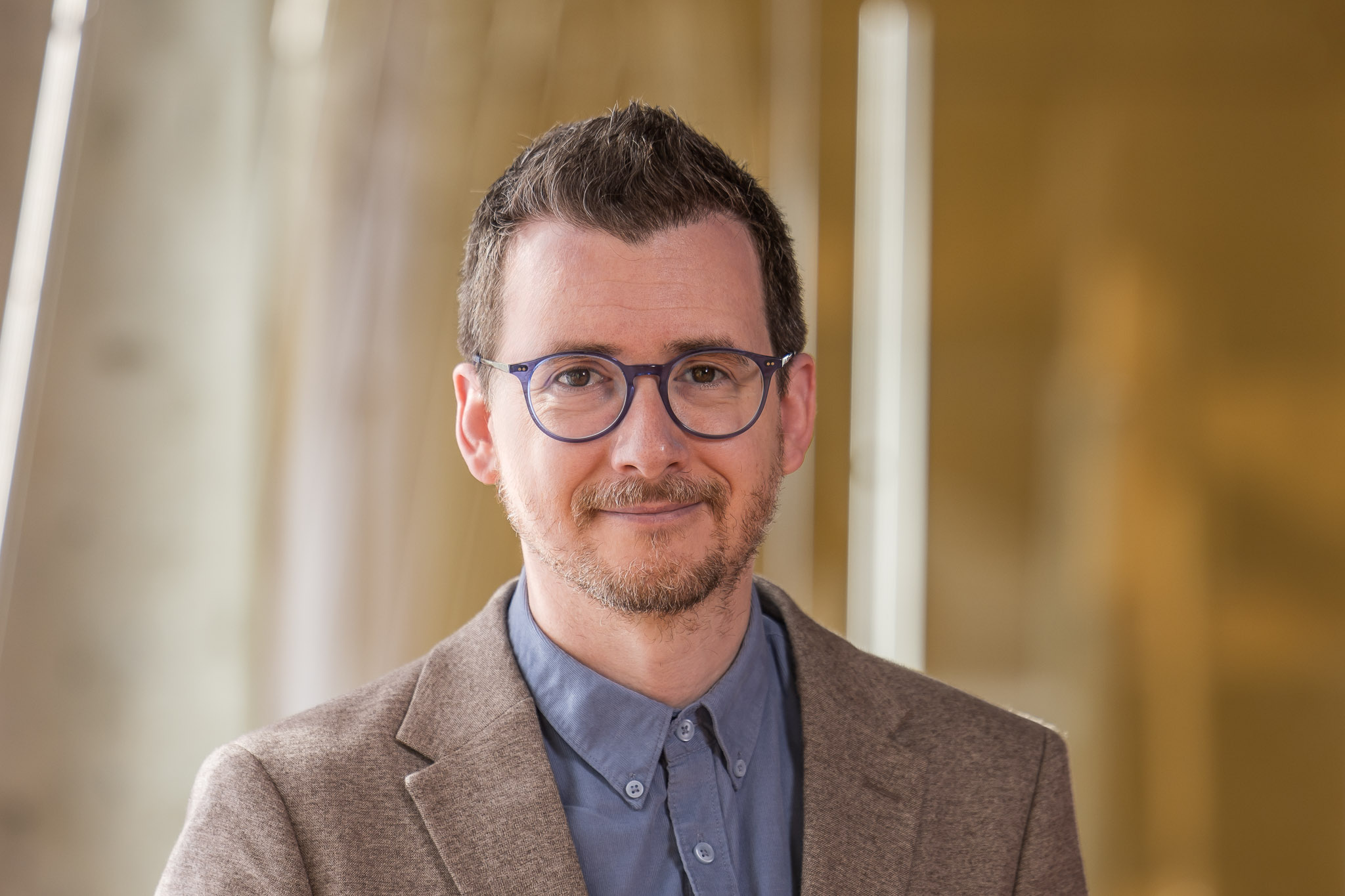
My Expertise
My expertise is the sustainable design of buildings, with a particular focus on strategies to reduce embodied carbon, tall building architecture and high-density housing.
I use life cycle assessment methods to measure the environmental impact of innovative design approaches such as adaptive reuse, circular design and the use of timber and bio materials. I also use methods such as interviews and surveys to better understand and improve the lived experience of people in the built environment, and in particular, in high-density and high-rise housing.
Overall, my ressearch seeks to understand how we can meet the needs of society by creating housing, buildings and infrastructure, while also reducing the environmental impact of our built environment to mitigate climate change and achieve net zero outcomes.
Keywords
Fields of Research (FoR)
Architecture, Architectural science and technology, Sustainable architectureBiography
I am Head of School at UNSW Built Environment and a Professor of Architecture.
My research examines how we can meet the needs of society by creating housing, buildings and infrastructure, while also reducing the environmental impact of our built environment to mitigate climate change and achieve net zero outcomes. This includes special interests in embodied carbon, tall building architecture, high-density housing, and climate literacy in...view more
I am Head of School at UNSW Built Environment and a Professor of Architecture.
My research examines how we can meet the needs of society by creating housing, buildings and infrastructure, while also reducing the environmental impact of our built environment to mitigate climate change and achieve net zero outcomes. This includes special interests in embodied carbon, tall building architecture, high-density housing, and climate literacy in architectural education. I am an active member of the Chicago-based Council on Tall Buildings and Urban Habitat (CTBUH), and sole author of the book “The Sustainable Tall Building: A Design Primer” published by Taylor and Francis in 2019. I have led over $800k of funded research projects with diverse inter-disciplinary teams from industry, government and academia, tackling issues varying from how built environment leaders use evidence in the creation of buildings, to measuring the reduction of embodied carbon possible in the Australian office sector. Research i have led on embodied carbon has contributed to national methodologies and industry-wide guidance.
I have a passion for teaching in higher education, across both architectural studio and science courses, recognised with an appointment as a Scientia Education Fellow at UNSW (2017-2021). In addition, i am passionate about science communication, being a former British Science Association Media Fellow (2015). I write regularly about my research and the need for a more sustainable, equitable and resilient built environment for The New York Times, The Guardian, Dezeen, Architecture Australia and more.
My Grants
My Qualifications
PhD (Architectural Science), DipArch (Distinction), BArch (First Class)
My Research Supervision
Areas of supervision
I am interested in supervising students in the areas of embodied carbon reduction strategies, adaptive reuse, tall building environmental performance, lived experience of high-density housing and comparable topics.
Currently supervising
Linda Romanovska: Evaluation of urban green infrastructure from a whole-of- life perspective
Florence Wong: Mass Engineered Timber (MET) Construction - Opportunities & Barriers of its development in Asian Pacific cities
Noni Nuriani: Energy Modelling in Australia's Commercial Buildings: Practices, Processes and Performance to Minimize Energy Performance Gap
Louise O'Brian: How can Utzon's study of nature inspire contemporary and interdisciplinary practice for a low-carbon future?
My Engagement
Professional / Academic Engagement roles
- Honorary Fellowship, Australian Institute of Architects
- Editorial Advisory Board and Section Editor (Embodied energy and carbon), Energy and Buildings
- Council on Tall Buildings and Urban Habitat, Advisory Group
- James Martin Institute for Public Policy, Research Advisory Group
- British Science Association, Media Fellow (2015)
- UNSW Scientia Education Fellowship (2017-2021)
Media engagement and Op Eds